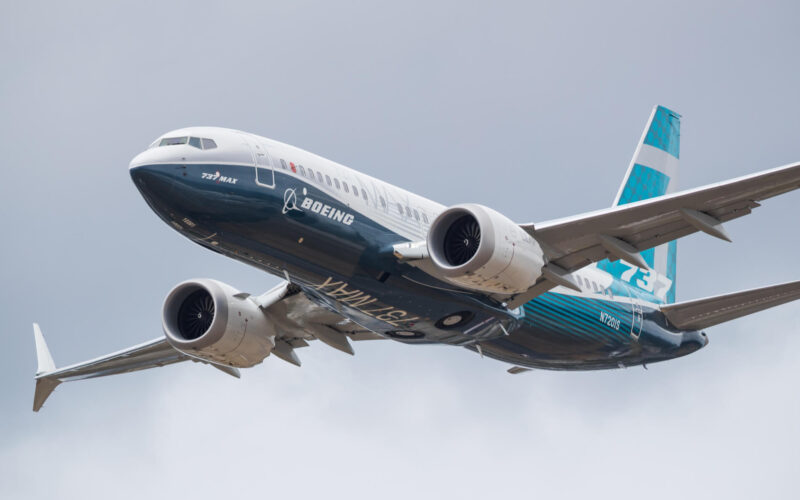The investigation by the United States House of Representatives severely blames the planemaker and the Federal Aviation Administration (FAA) for their role in the crashes of two Boeing 737 MAX aircraft that led to the death of 346 people.
After 18 months of investigation, the Democratic majority of the House Transportation and Infrastructure Committee has published a 239-page final report detailing a “disturbing pattern of technical miscalculations and troubling management misjudgments made by Boeing” during the development of the 737 MAX, as well as oversight lapses from the FAA.
“Boeing failed in its design and development of the MAX, and the FAA failed in its oversight of Boeing and its certification of the aircraft,” the report states. “The MAX crashes were not the result of a singular failure, technical mistake, or mismanaged event. They were the horrific culmination of a series of faulty technical assumptions by Boeing’s engineers, a lack of transparency on the part of Boeing’s management, and grossly insufficient oversight by the FAA.”
The Committee report points at “faulty design and performance assumptions” made by Boeing, especially on the MCAS system. The fact that the system was acting on non-redundant sensors, its classification as a non-critical system and the assumption that pilots would be able to counteract a malfunction are criticized.
It condemns a “culture of concealment” from the manufacturer, specifically regarding the absence of Angle of Attack (AOA) Disagree alert on the delivered aircraft.
The safety of the Boeing 737 MAX was further undermined by pressure from the company’s management to keep the production on schedule to compete with Airbus’ new A320neo aircraft, and to avoid any unnecessary costs.
Those findings echo the report of the Inspector General of the Department of Transportation (DOT) published on June 29, 2020, which found out that Boeing deflected the attention of the FAA away from the MCAS system, and put “undue pressure” on its employees assigned to the certification of the aircraft.
The oversight capacity of the FAA is also questioned. “The FAA failed to fully exercise its oversight authority and this failure adversely affected safety,” says the report. “The agency did not ask enough questions or sufficiently scrutinize Boeing responses regarding critical certification-related issues involving pilot training and technical design.”
“These issues must be addressed by both Boeing and the FAA in order to correct poor certification practices that have emerged, reassess key assumptions that affect safety, and enhance transparency to enable more effective oversight,” concludes the Committee.
Following the publication of the report, Committee Chairman Peter DeFazio qualified the certification of the aircraft as “mind-boggling.” “We’re going to take steps in our legislation to see that it never happens again as we reform the system,” DeFazio promised.
Two Republican representatives, Sam Graves of Missouri and Garret Graves of Louisiana that are part of the House Transportation and Infrastructure Committee, questioned the objectivity of the investigation. “Expert recommendations have already led to changes and reforms, with more to come,” the representatives said in a joint statement. “These recommendations — not a partisan investigative report — should serve as the basis for Congressional action.”











